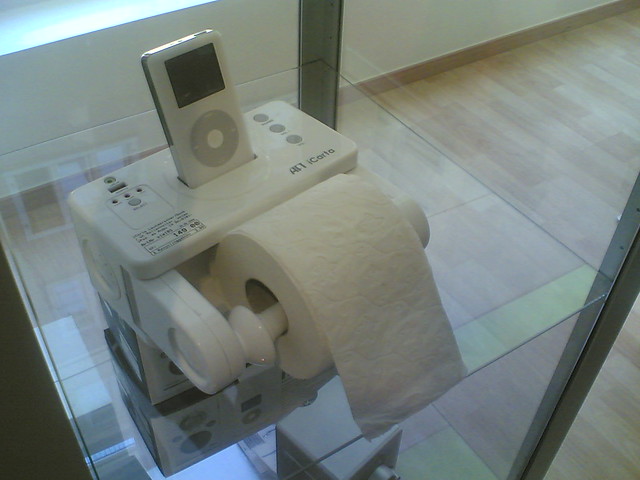Well as much as I would love to have my house unlock itself instead of allowing random gusts of wind to CONTINUOUSLY blow my front door shut, I find it a little creepy. I mean, we have all seen the movies where robots takeover and all us poor humans can do is locate and remove the dreaded ‘chip’. To be honest all I could think while hearing about the internet of things is we are becoming a huge generation children disguised as adults playing with our big shiny toys. The internet of things is a global network infrastructure, linking physical and virtual objects through data capture and communication capabilities. So pretty much, robots will watch us and talk between themselves all in the name of helping human kind. Freaky, no?
In reality, we as humans will keep control over these inventions so it is evident that danger isn’t in an ever growing Internet of Things, but our increasing reliance on it. Having said this there are benefits. Universal connectivity, sensors and computers that are able to collect, analyse and act on data will bring about improvements in health, food production. In a roundabout way, it might even alleviate poverty. Even our efforts to battle global warming would benefit from the Internet of Things.
At the end of the day, everybody who has experienced that moment when a computer or phone has defeated all your attempts to do something basic such as calling. At times like these, it’s hard to imagine a technology-driven utopian world in which billions of devices are all communicating seamlessly and controlling everything around us to improve our lives. To be honest, my iPhone is in the clutches of Optus at the moment after continuously NOT calling when I needed it too so the thought of my life being controlled by technology I can’t work makes my heart rate rise in anger.




